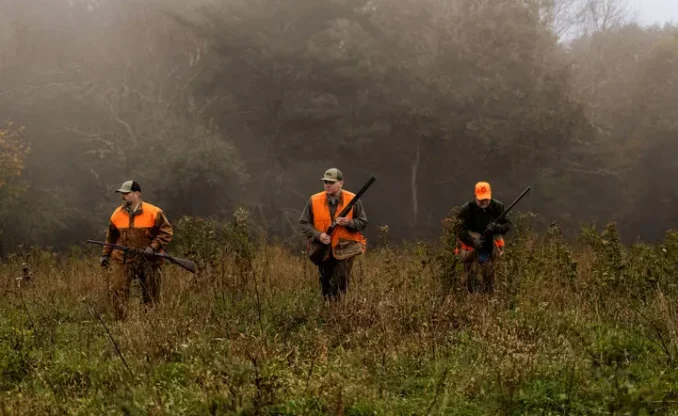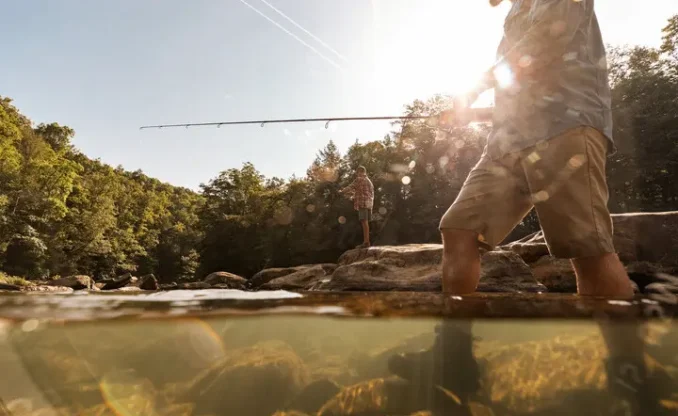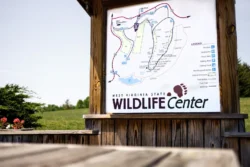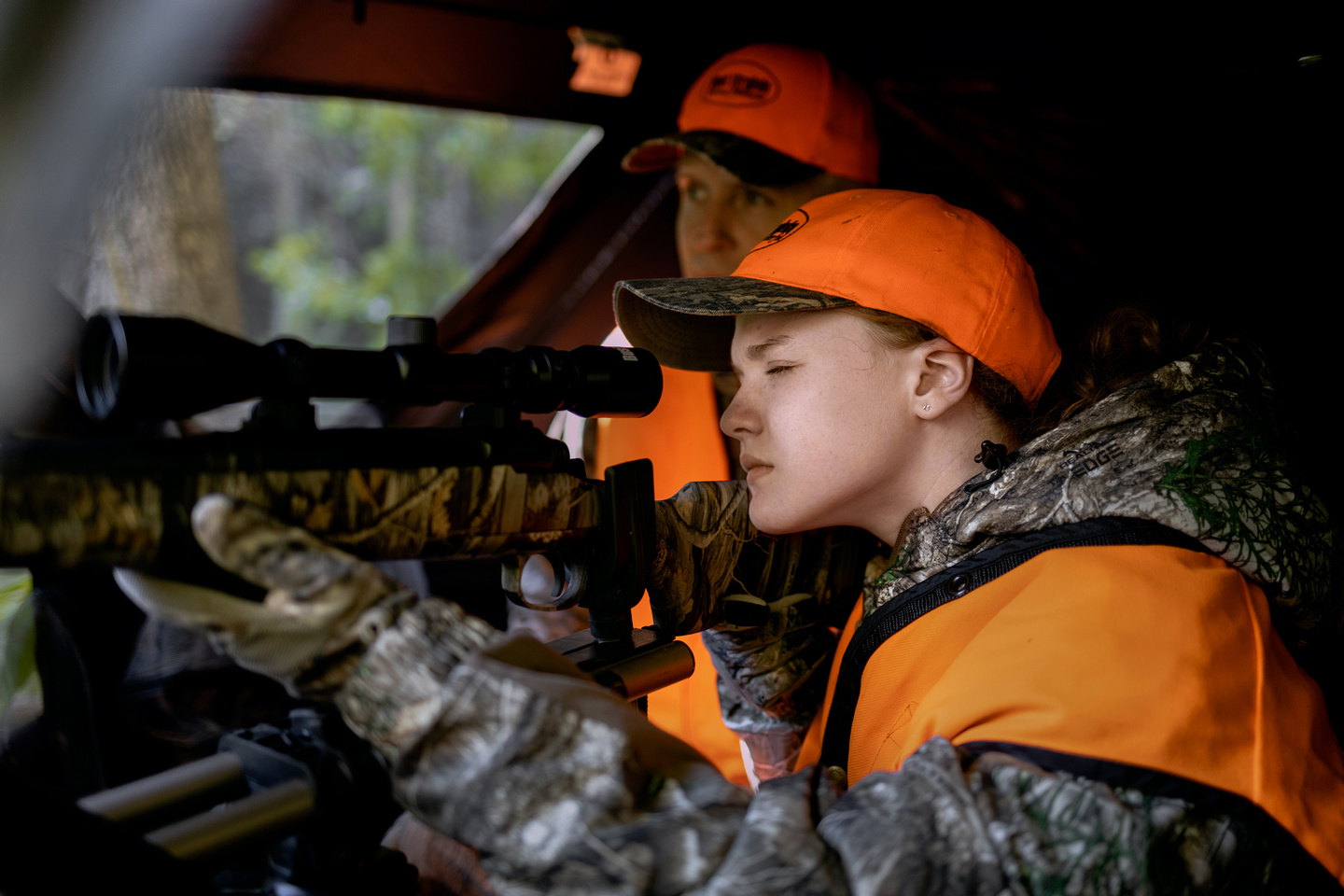It takes a hunter to make a hunter. Research indicates that initiation into hunting usually needs to occur before the age of 20 to instill a long-term love of the sport. There appears to be a strong relationship between early initiation into hunting and the extent and longevity and commitment of individual’s participation. Older initiates tend to drop out of hunting sooner than younger initiates. One study showed 90 percent of Ohio hunters began before their 18th birthday, and two-thirds were initiated into the sport by a father or brother. In six northeastern states, if an individual had not learned to hunt by the age of 21, there was a low likelihood of becoming a hunter. While exposure to hunting as a youth is critical to participation as an adult, taking them unarmed into the woods before they are responsible enough to carry a firearm is a good place to start and help grow their interest. In short, being around family members who hunt and a “hunting culture” are of utmost importance to hunting initiation. Hunters come from hunting families and hunting families produce hunters.
If you’re taking a young person hunting, make it a fun experience. Often a good place to start is by hunting squirrels. You don’t have to sit totally still; their movement will keep them occupied, and there is typically enough game to keep youth interested. Start off by finding the appropriate hunting items needed and help them start practicing. Several single-shot .22 caliber rifles, semi-automatic 20-gauge shotguns or .223 single-shot rifles are available that fit young bodies and are quite accurate. The most important part about introducing youth to hunting is to remember that having fun with someone they love, and respect is the most important thing to them. In a few outings, it’s highly likely that they will get their first squirrel and enjoy success. Also, don’t be in a hurry to move up to killing something as large as a deer, which can be a big step for some children. Allow them to dictate when they’re ready for bigger game. If you’re looking to develop your relationship around hunting, remember that enjoying a positive experience will help decide whether they will continue to hunt.
The Game Management Unit has established seasons specifically for taking a young person hunting, but don’t limit their exposure to these dates only, as the more you take them the more they’ll want to go. West Virginia has youth hunting seasons for squirrel in September, antlerless deer and bear in October, antlerless deer in December and turkey in April. Youth hunters less than 15 years old must be accompanied by an unarmed, licensed adult, but they don’t need a hunting license, stamps or a Hunter Safety Education card. Youth from 15-17 must comply with all license requirements but do not need a Class N or NN stamp. Daily bag limits for deer harvested during a youth season do not count against the hunter’s annual bag limit. Safety is always important, and all deer and bear hunters must wear at least 400 square inches of blaze orange. Wearing an orange hat or vest is always a good idea when hunting small or big game. For specific hunting season dates, bag limits other information, consult the Hunting and Trapping Regulations Summary.
Mentoring a young hunter requires temporarily setting aside your own hunting interests. Some experienced hunters enjoy mentoring and others do not. Focusing on a young hunter provides a lot of opportunities to teach them about what to watch and listen for in the field, animal location, behavior and habitat, and how to handle weapons and hunt safely. It’s rewarding work; mentors often report having more fun working with a youth to get a shot at a squirrel or deer than doing it themselves. Introduce your young person to the outdoors, take them on walks and take them with you when you hunt. Teach them to safely handle a firearm and to shoot accurately. Coach them and guide them. In a short time, you will have a lifelong hunting partner to enrich your life and help add food to the table.
Note: Youth hunters, even if exempt from purchasing a license, are required to report game checks on their own account.




